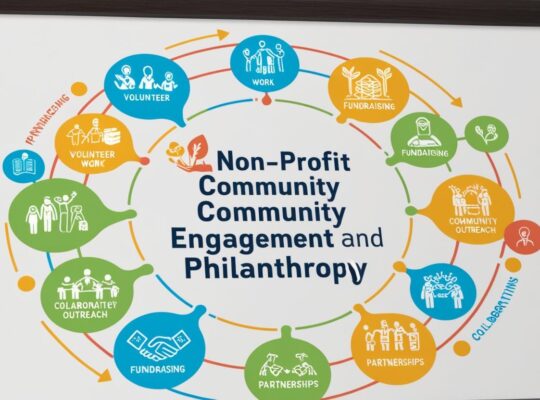In today’s increasingly interconnected and environmentally conscious world, corporations face growing pressure to operate responsibly and sustainably. Stakeholders, from investors and employees to consumers and communities, demand greater transparency into a company’s environmental, social, and governance (ESG) practices. Enter ESG reporting: a powerful tool for fostering both transparency and accountability.
For over 20 years, I’ve witnessed firsthand the transformative potential of ESG reporting across diverse industries, from real estate to pharmaceuticals, entertainment to education. As a management consultant, I’ve guided numerous organizations in navigating the complexities of ESG reporting, helping them unlock its numerous benefits.
ESG reporting: Beyond buzzword, a cornerstone of responsible business
As John Elkington, renowned sustainability strategist, aptly remarks: “Businesses that fail to understand and manage their ESG risks and opportunities will find themselves playing a losing game.” ESG reporting goes beyond mere buzzword status; it’s a strategic imperative for long-term business success.
So, how exactly does ESG reporting contribute to corporate transparency and accountability?
Shining a light on impact: ESG reports offer a standardized framework for disclosing a company’s environmental impact, social responsibility, and governance practices. This includes metrics on energy consumption, greenhouse gas emissions, diversity and inclusion efforts, board composition, and ethical sourcing practices. By making this information publicly available, companies shed light on their true impact, fostering trust and engagement with stakeholders.
Accountability through metrics: Effective ESG reporting goes beyond qualitative narratives. It translates impact into measurable metrics, enabling stakeholders to assess a company’s progress towards its sustainability goals. These metrics serve as benchmarks for accountability, holding companies responsible for their commitments and driving continuous improvement.
Embracing stakeholder dialogue: The transparency fostered by ESG reporting opens doors for constructive dialogue with stakeholders. Investors can make informed decisions based on a company’s sustainability practices, while communities gain insight into potential environmental and social impacts. This two-way communication strengthens relationships and empowers stakeholders to hold companies accountable.
Navigating the evolving landscape: The ESG reporting landscape is constantly evolving, with new standards and frameworks emerging regularly. As Paul Polman, former CEO of Unilever, emphasizes: “Companies that simply comply with the minimum will quickly find themselves falling behind.”
At Samunnati Ventures, we take pride in staying ahead of the curve, guiding our clients through the intricacies of ESG reporting with a personalized approach. We assist you in selecting the most relevant frameworks, gathering accurate data, developing meaningful narrative, and effectively communicating your sustainability journey.
Beyond compliance, towards leadership: While mandatory disclosure requirements are increasingly common, truly impactful ESG reporting transcends mere compliance. It’s about embracing sustainability as a core business value, driving positive change internally and externally.
Are you ready to unlock the transformative power of ESG reporting for your organization? Contact Samunnati Ventures today, and let’s embark on a journey towards greater transparency, accountability, and sustainable success.







